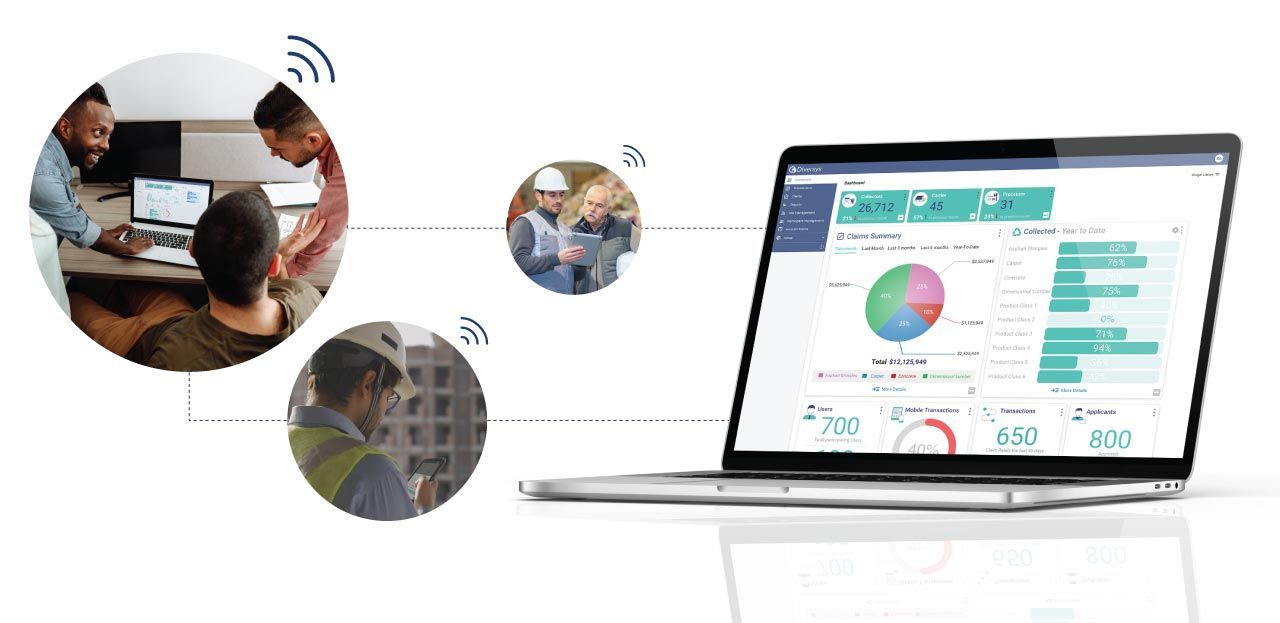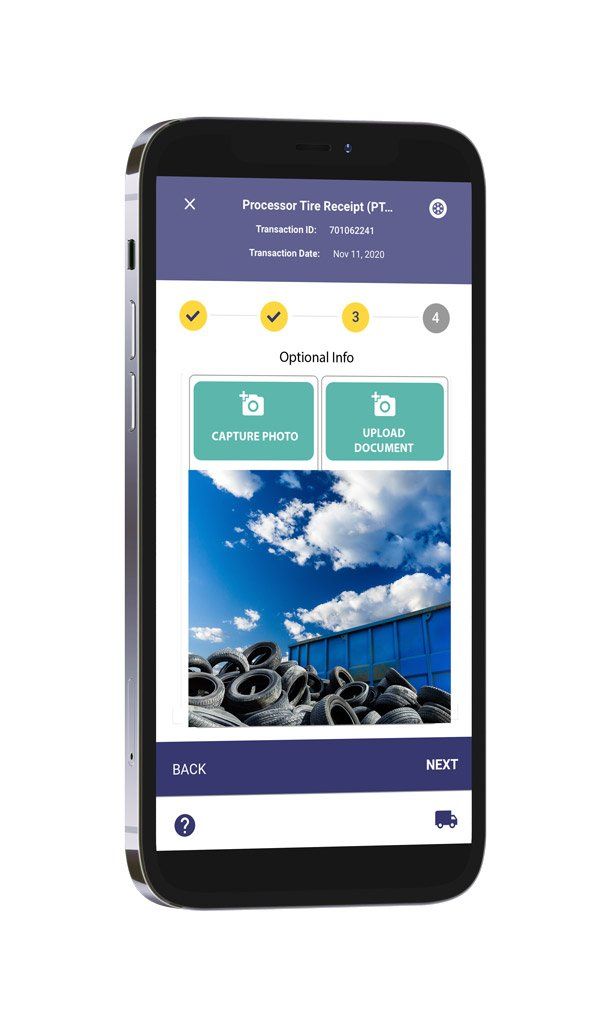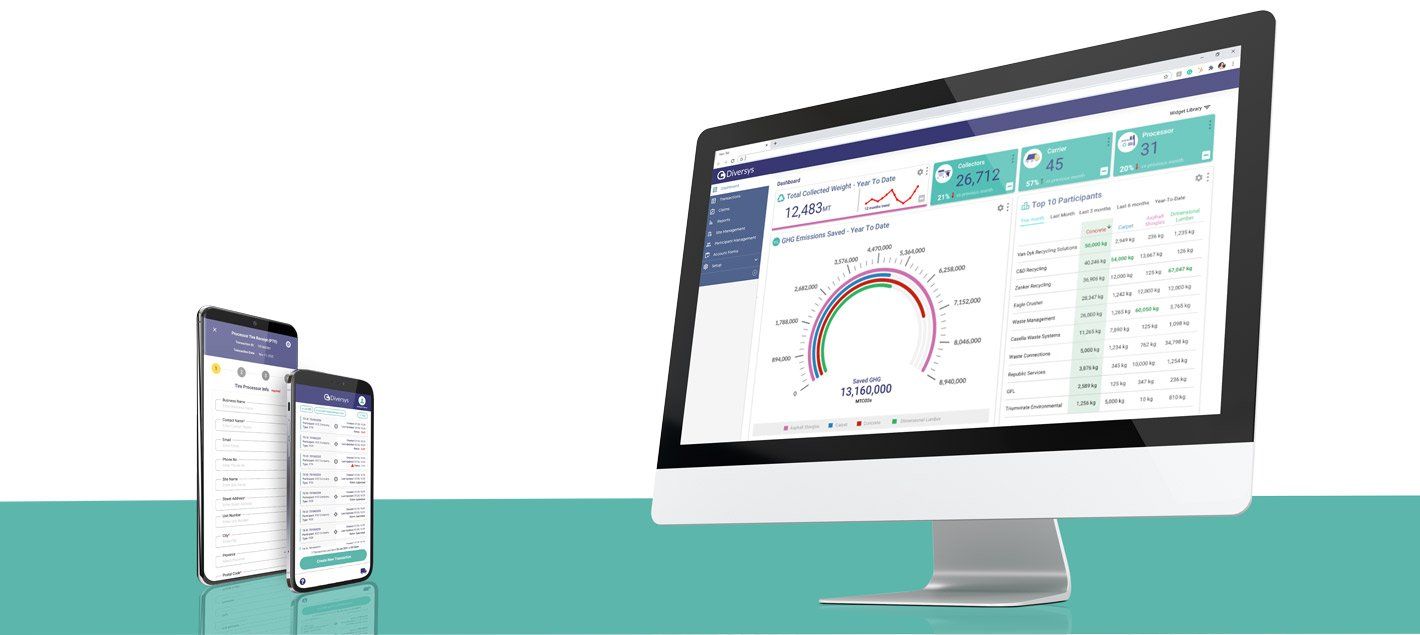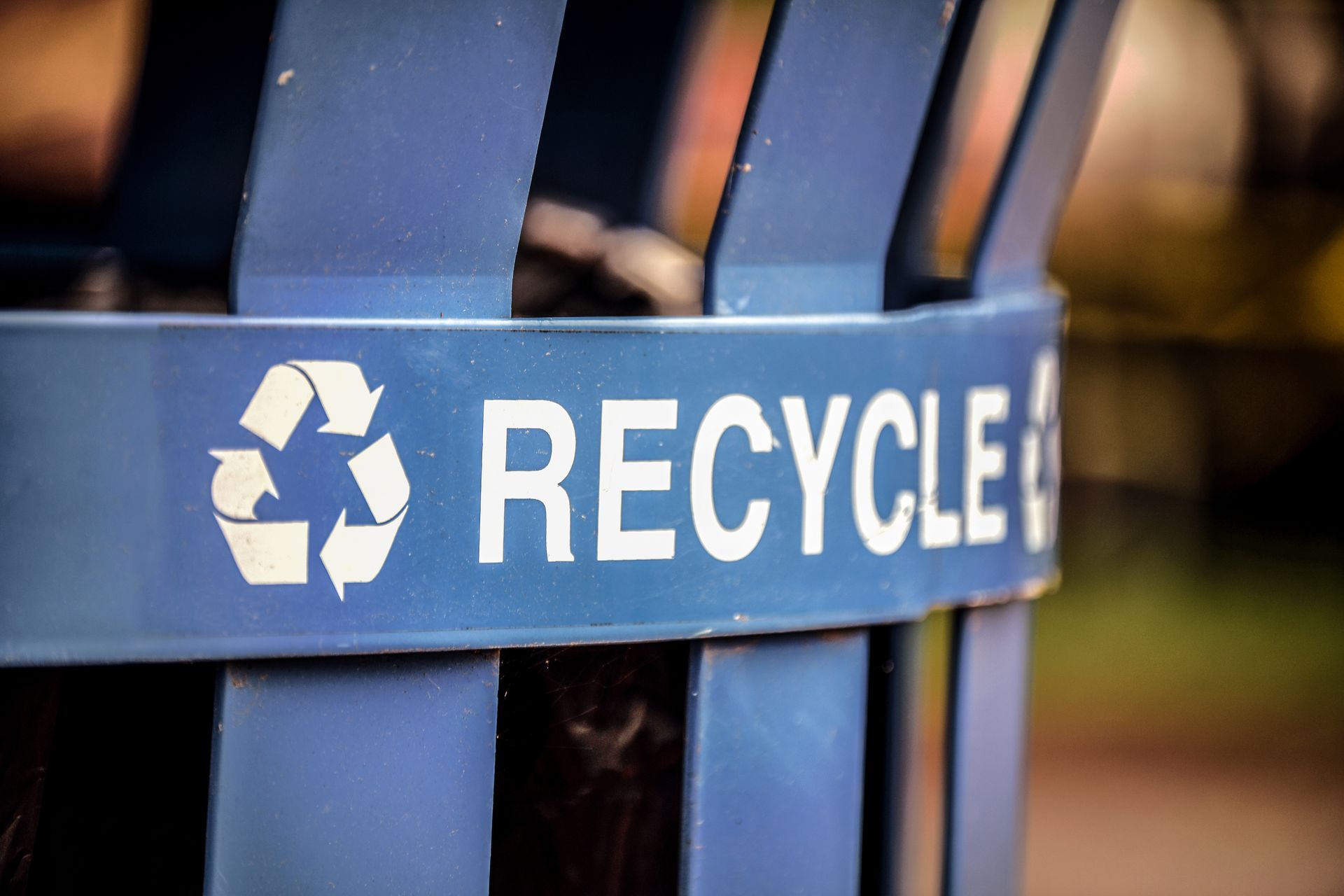Extended Producer Responsibility (EPR) Software to Overcome Circularity Challenges

Extended Producer Responsibility (EPR) frameworks aim to shift waste management's environmental and social costs from taxpayers and the public sector to producers and importers of goods and packaging. EPR encourages producers to design more sustainable and circular products, reduce waste generation, and increase reuse and recycling.
EPR frameworks are essential for advancing the circular economy and reducing waste generation by encouraging product design and packaging innovation to promote resource efficiency, conservation, and greenhouse gas emissions. EPR can also support the development of recycling infrastructure and markets, create green jobs, and enhance consumer awareness and participation in waste reduction and recycling.
Challenges of Extended Producer Responsibility and Implementing EPR
Implementing EPR has its challenges. Several factors impact the effectiveness and efficiency of EPR programs, such as compliance reporting and auditing requirements. These challenges require careful consideration and collaboration among stakeholders, including producers, regulators, waste management operators, and recyclers.
Whether private or public sector, organizations are facing various barriers to complying with EPR regulations, such as:
- The need for harmonized EPR schemes across different jurisdictions creates complexity and confusion for producers operating in multiple markets.
- The difficulty of tracking and reporting the amount and type of products and packaging placed on the market and the amount and quality of materials collected and recycled.
- The potential trade-offs between environmental and cost objectives include balancing the costs and benefits of increasing recycling rates or using recycled content.
- Program data collection and accuracy in tracking and managing program operations for compliance reporting, program oversight, and performance measurement.
- The risk of ‘free-riding’ by non-compliant producers who benefit from the EPR system without paying their fair share of fees or taking responsibility for their products.
Accurate tracking is crucial for participants within an EPR model to meet their compliance reporting obligations and ensure efficient program operation. Compliance reporting refers to submitting data and information by producers to demonstrate that they have fulfilled their obligations under EPR programs. Compliance reporting is necessary for verifying compliance with regulations, evaluating the performance and impact of EPR programs, informing policy decisions and adjustments, providing feedback to producers on their progress and areas for improvement, and communicating results to the public.
Waste Management Software to Overcome EPR Reporting Challenges
Technology and innovation have been essential for the success of numerous EPR programs to overcome critical challenges by leveraging data to ensure the effectiveness and credibility of the EPR model. Often, organizations leverage Producer Responsibility Organizations (PRO) to manage the logistical challenges of operating within an EPR framework. However, compliance reporting can still be burdensome due to several factors, such as complex and varying requirements across different jurisdictions or regions, high frequency or volume of reporting, or high costs and risks associated with reporting.
Whether addressing EPR independently (Independent Producer Responsibility) or through a PRO, waste management and recycling tracking software can help overcome compliance reporting challenges:
1
Waste management and tracking software can help streamline reporting processes, reducing the burden of manual data collection and reporting.
2
A centralized data management and analysis platform reduces the risk of errors and discrepancies, ensuring consistency across reporting periods.
3
Standardize value-chain data capture across participants and provide a consistent format for reporting, reducing errors and discrepancies.
4
Analyze performance and identify trends to make informed decisions about waste management and recycling programs.
5
Get insights into the environmental impact of waste management practices to prioritize sustainability and environmental responsibility and demonstrate commitment to stakeholders.
6
Facilitate stakeholder collaboration with data for transparent reporting, allowing stakeholders to access and review waste management and recycling performance data.
7
Increase confidence in the accuracy and reliability of program operations with real-time data on recycling rates, program progress, and compliance.

Waste management and recycling tracking software like Diversys offers a range of benefits to organizations looking to achieve compliance with EPR regulations. With the ability to streamline reporting processes, standardize data capture, and provide real-time data and insights. Technology and innovation can help organizations overcome key EPR challenges and achieve sustainability goals more quickly and efficiently.
Tracking Successful EPR Programs with Data
EPR programs have been implemented in various countries and regions for products such as packaging, electronics, batteries, tires, textiles, and pharmaceuticals. Propper data capture and technology are essential for measuring the success of EPR across regions and industries.
Some examples of successful EPR programs are:

- The
European Union's Packaging and Packaging Waste Directive set mandatory recovery targets to recycle packaging waste for member states. The directive requires producers to work with PROs to manage the logistics and absorb the costs of collecting and recycling packaging waste. Accordingly, according to data compiled by
Eurostat, the EU has already exceeded its 2025 target recycling rate of 65%, reaching a 67% recycling rate for packaging waste in 2016.

- The Electronic Products Recycling Association (EPRA) is a Canadian non-profit organization that operates regulated e-waste recycling programs across nine provinces. The EPRA collects fees from producers to fund the collection, transportation, and processing of e-waste by qualified recyclers. The EPRA estimates that its recycling program has diverted over one million tonnes of electronic waste from landfills.

- Japan's Home Appliance Recycling Law requires consumers to pay a recycling fee when they dispose of specific home appliances, covering transporting and recycling costs. The law also mandates minimum recycling rates for each appliance category and for manufacturers to report their results annually. While recycling rates vary per home appliance product category, Japan's Ministry of Economy, Trade and Industry (METI), noted a 92% recycling rate for Air Conditioners alone in 2021.
By ensuring data accuracy throughout the waste and recycling value chain, stakeholders can accelerate circularity and empower waste and recycling operations. Data accuracy can also improve confidence in local recycling programs and measure the benefits of extended producer responsibility.
Waste Management Data and Recycling Tracking Software for EPR
Extended Producer Responsibility (EPR) frameworks advance the circular economy, reduce waste generation, and minimize the cost burden for taxpayers and municipalities. However, implementing EPR programs can be challenging, as stakeholders need help complying with EPR regulations.
Waste management and recycling tracking software, such as Diversys, offer a range of benefits to organizations looking to achieve compliance with EPR regulations by streamlining reporting processes, standardizing data capture, and providing real-time data and insights. The success of EPR programs can be measured with accurate data capture, analysis, and reporting. There are already several successful EPR programs implemented globally. By leveraging technology and innovation, organizations can overcome key EPR challenges and achieve sustainability goals more efficiently.

About Diversys
Diversys is proud to have its roots in Ontario, Canada - a province widely recognized for its leadership in EPR and sustainability. Since 2019, we've been dedicated to creating innovative software solutions that drive progress toward a world without waste.
Our story is a testament to the power of hard work, customer loyalty, and big ideas. We are committed to empowering organizations with the waste recycling software solutions necessary for achieving a sustainable future. Our cutting-edge software platform is helping organizations achieve their ESG goals, meet reporting obligations, and improve operational efficiency for their recycling programs.
Our commitment to delivering world-class solutions that drive meaningful progress towards waste reduction and a more sustainable future is unwavering. Our team of industry experts is ready to help you navigate the rapidly-evolving waste management landscape as we progress toward a circular economy.






